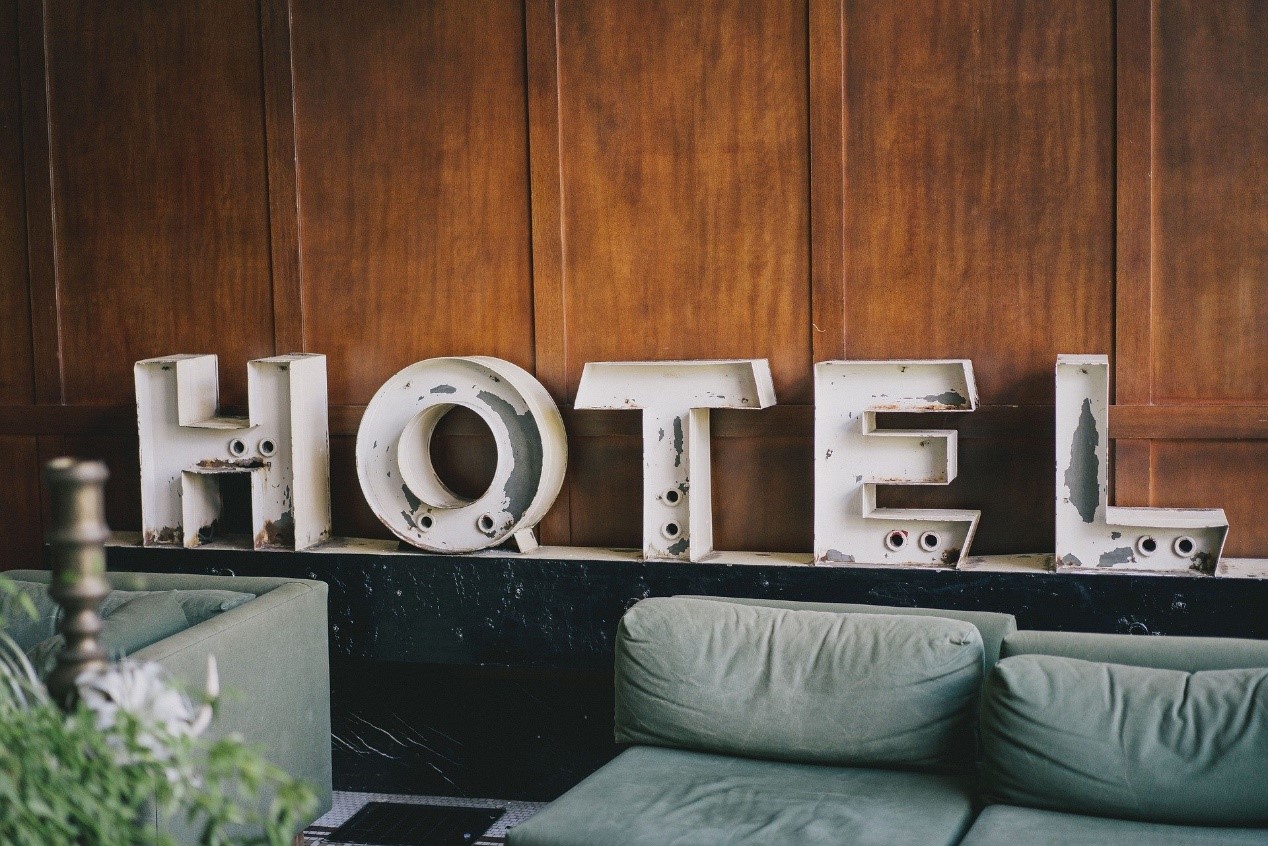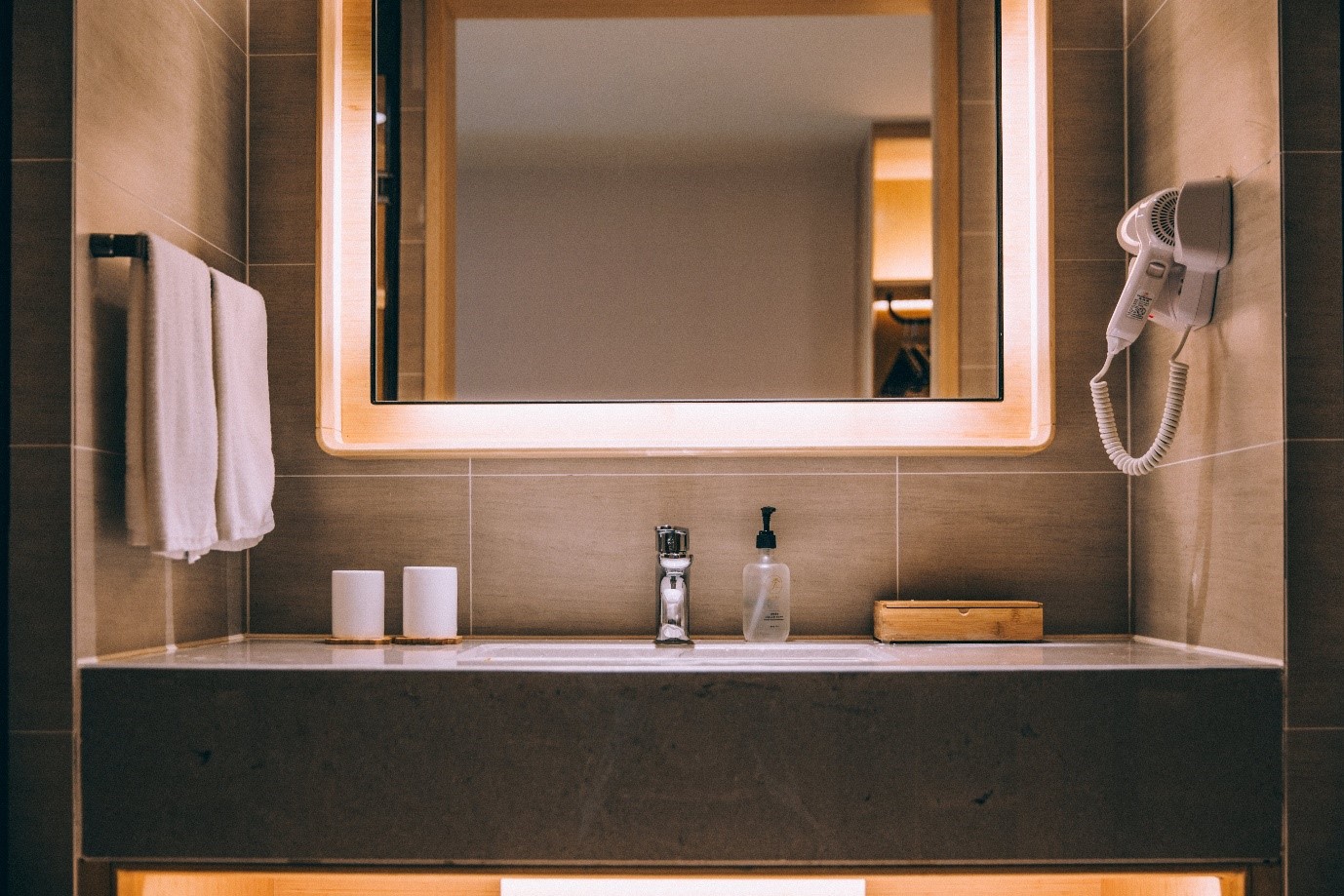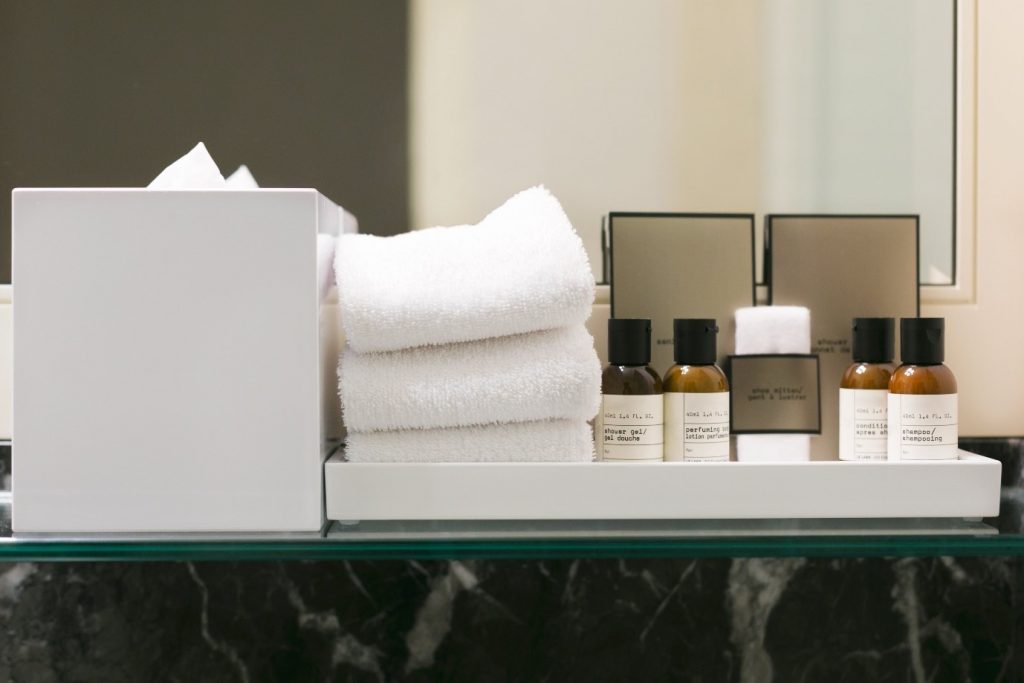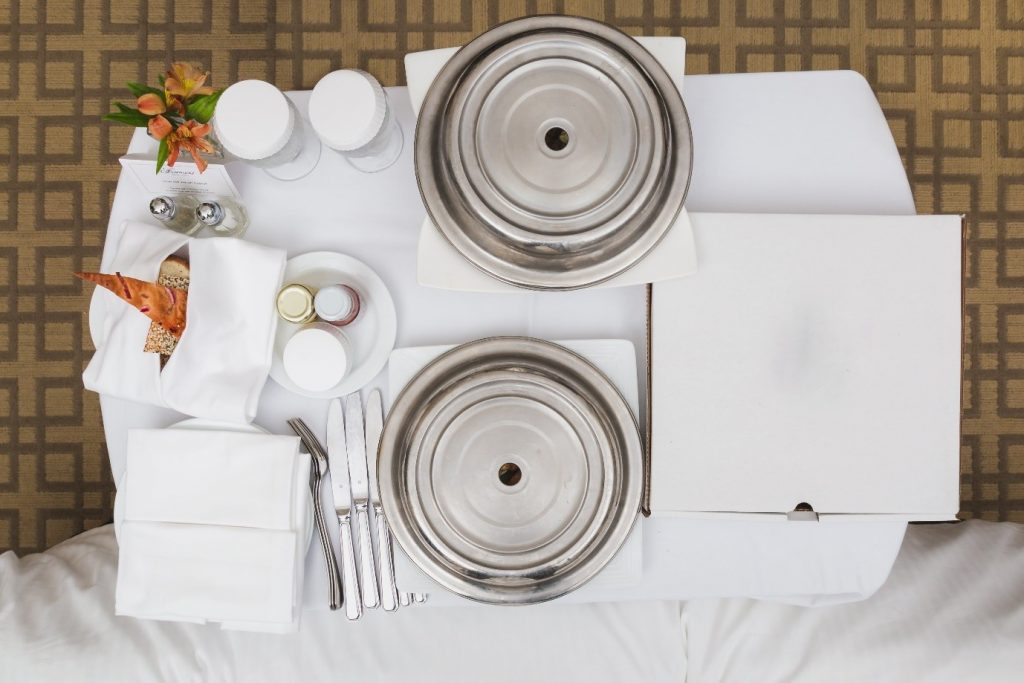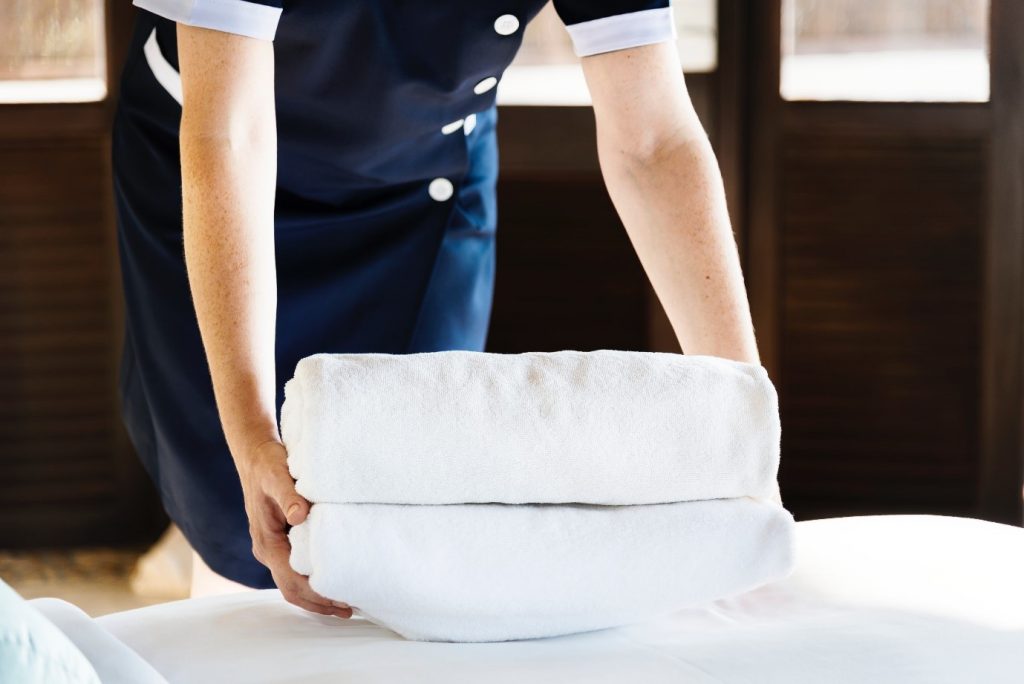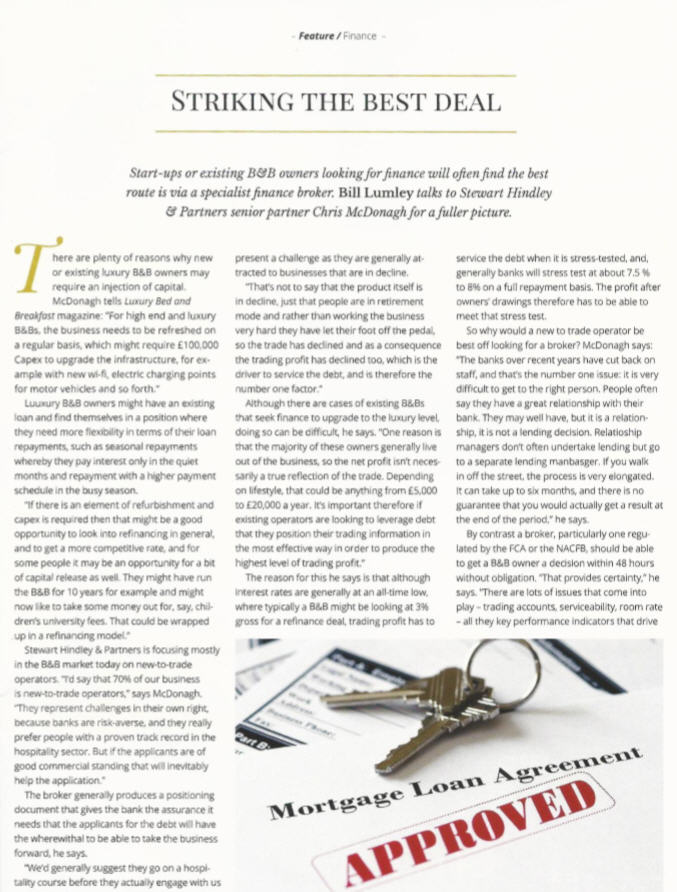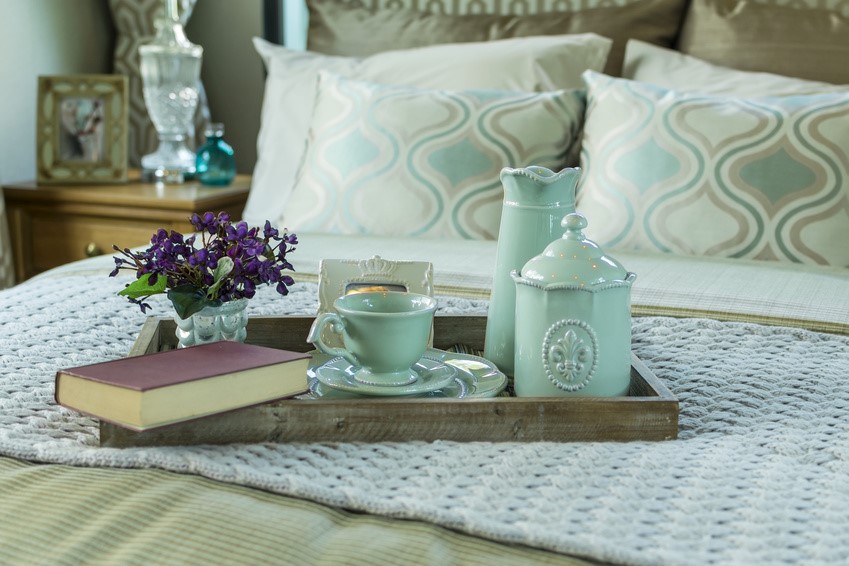You’ve set up an incredible hotel, with comfortable, stylish rooms, all the very latest amenities, and a great team.
But what use is having the best facilities, location, and customer service if no one knows you exist? That’s where marketing comes into play.
Building an effective marketing strategy for your hotel will help you to reach out to potential customers, maximise bookings and boost revenue.
Here’s our definitive guide to successfully marketing your hotel.
Get Online
Today, being online and present in the digital space is everything in the world of marketing. With at least 95 percent of consumers carrying out research online before the make any travel purchases, it’s vital that your hotel has a website if you want to effectively market it.
Your website is your shop front, and should be professional, credible, and show your hotel in the best possible light. Include plenty of high-quality images, video content, and details about the rooms and amenities.
It’s also well worth considering integrating an online booking system into your site to make it as seamless, quick and easy as possible for potential guests to arrange their stay.
Ensure You’re Easy to Find
Having a website isn’t enough. If you want to ensure your hotel is receiving as many enquiries as possible, it’s vital that your audience can successfully locate you online.
This means ensuring that your website is optimised for search engines (Google) – so, when guests search for hotels in your area, you come up as high as possible in the rankings.
Make The Most of TripAdvisor
While your website and social media platforms will allow you to tell everyone just how great your hotel is, TripAdvisor allows your guests to tell them – and that can be significantly more powerful.
Before booking a room at your hotel, most guests will check your reviews, so managing your online reputation is crucial.
TripAdvisor is the world’s largest travel review site, with approximately 390 million unique visitors each month. This presents a huge marketing opportunity for hotels.
So, make sure you set up your free TripAdvisor profile, populate it with as much useful information as possible, regularly check reviews and engage with your guests.
Respond to Reviews
Once you’ve started receiving reviews, it’s important to monitor them and respond accordingly.
It’s only natural that you’ll receive a less-than-perfect review from time to time, but the nature in which you respond to those reviews will make all the difference.
Make sure you respond to any negative reviews as quickly as possible and try to resolve or address the guest’s feedback or complaint in a useful manner.
Remarketing is Essential
Abandonment rates for booking hotels online are high, meaning plenty of potential guests will visit your site, start the booking process, and then get distracted and not complete the booking. This is where remarketing comes in.
A remarketing campaign will allow you to remind your guests about your hotel, provide them with extra incentives to book, and make completing the process as easy as possible.
Reward Customer Loyalty
Marketing isn’t just about targeting new customers – it’s just as important to reach out to existing customers and encourage them to revisit your hotel.
A customer loyalty scheme is an effective way to get your guests to return time and time again, by offering discounts and rewards to regular visitors.
Get in Touch
For more information about the hospitality business, and in particular hotel finance, please don’t hesitate to get in touch.
